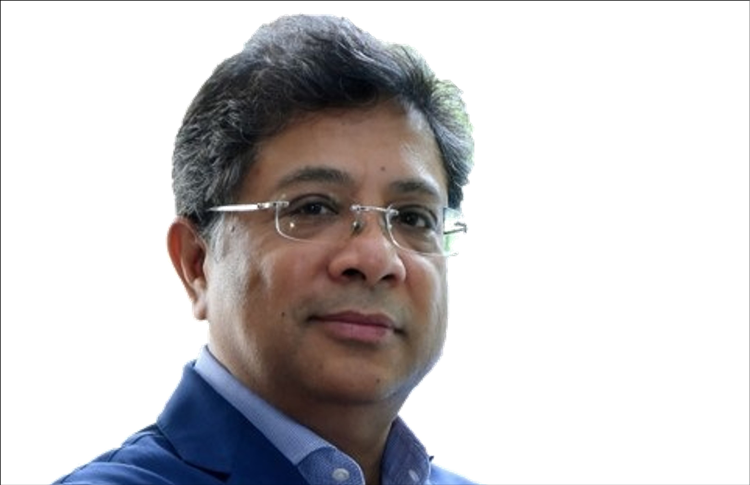
Veteran corporate lawyer Mohit Saraf recently established his own firm after an acrimonious split from L&L Partners, a firm that he had been a part of since 1995. He tells ALB about why Saraf and Partners, with 21 partners and offices in three cities, will be a different experience for both lawyers and clients.
ALB: What kind of ethos or firm culture are you looking to build Saraf and Partners on?
SARAF: The ethos I am looking to set up is that of participative management, where each member participates in the decision-making process, and consequently considers the firm as his or hers and grows on to become the owner of the firm. To that end, we have constituted a managing committee of senior and highly seasoned lawyers, which includes Gayatri Roy, Vikrant Kumar, Bikash Jhawar, and Vaibhav Kakkar. The firm will be run by various committees at different levels, so that every stakeholder has a seat at the table, and that every decision is arrived at after detailed deliberation.
ALB: How would you like the experience to be different for your lawyers as well as your clients?
SARAF: All our 21 partners are equity partners of the firm. In L&L, my owner-ship interest was 33 percent and in Saraf and Partners, too, I have capped my ownership interest at 33 percent, although 100 percent of the capital is being contributed by me. By not asking younger partners to make a capital contribution, I have been able to get wider participation in the equity structure. I am also honouring the commitment of salaries and bonuses to our partners and lawyers for last year, which L&L failed to honour. Amongst the 21 partners, we will distribute around 30 percent equity and hold 37 percent equity in an escrow for future partners.
For the junior lawyers, they see the 37 percent equity pool held in an escrow for them and therefore as they keep growing, equity will keep devolving as the firm is structured on the basis of modified lockstep.
On the client side, if you look at the logo of the firm, S and P, apart from standing for Saraf and Partners, it also stands for solutions to problems. With S bigger than P, it shows that that solution is always bigger than the problem and as a firm, we are focused on finding solutions to all our client’s problems. Saraf and Partners is built on the ethos of a service provider in which each one of us is committed to helping our clients achieve their commercial goals. This is a very important part of a thought process. So as a firm, our aim is to focus on commercial objectives of the clients and find sustainable, creative, and innovative solutions that are ethical and by the book.
ALB: What would you like to see in the first year for the firm? And how would you describe your growth strategy for the medium and long-term?
SARAF: In the initial years of L&L, our revenue was doubling every two years. I will not be surprised if we achieve the same in our new avatar. It took 13 years for L&L to be ranked as a national law firm for India, and I believe Saraf and Partners should get there in less than five years.
It took me years to build L&L, however, during our court battle over my illegal exclusion, I was pained to see the exit of 90 lawyers and the wreckage it caused to the firm I so painstakingly built.
Moving ahead, I want to build a premium firm, which is known for its quality and in which we are called to participate in all high-value and complicated transactions, including high-stakes litigation and arbitration. We will definitely be much bigger than what we are today, and more profitable than we ever were at L&L.
To contact the editorial team, please email ALBEditor@thomsonreuters.com.


